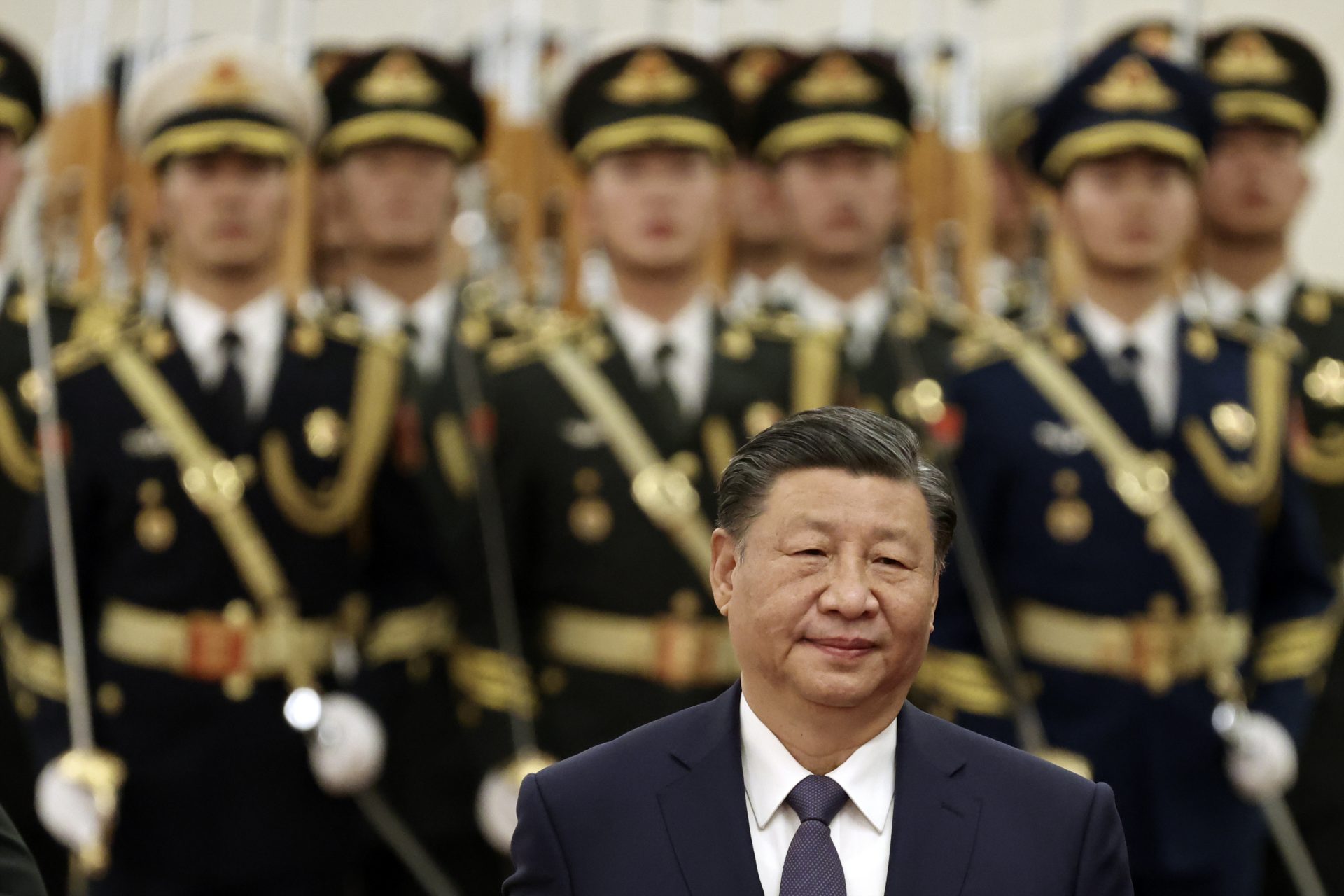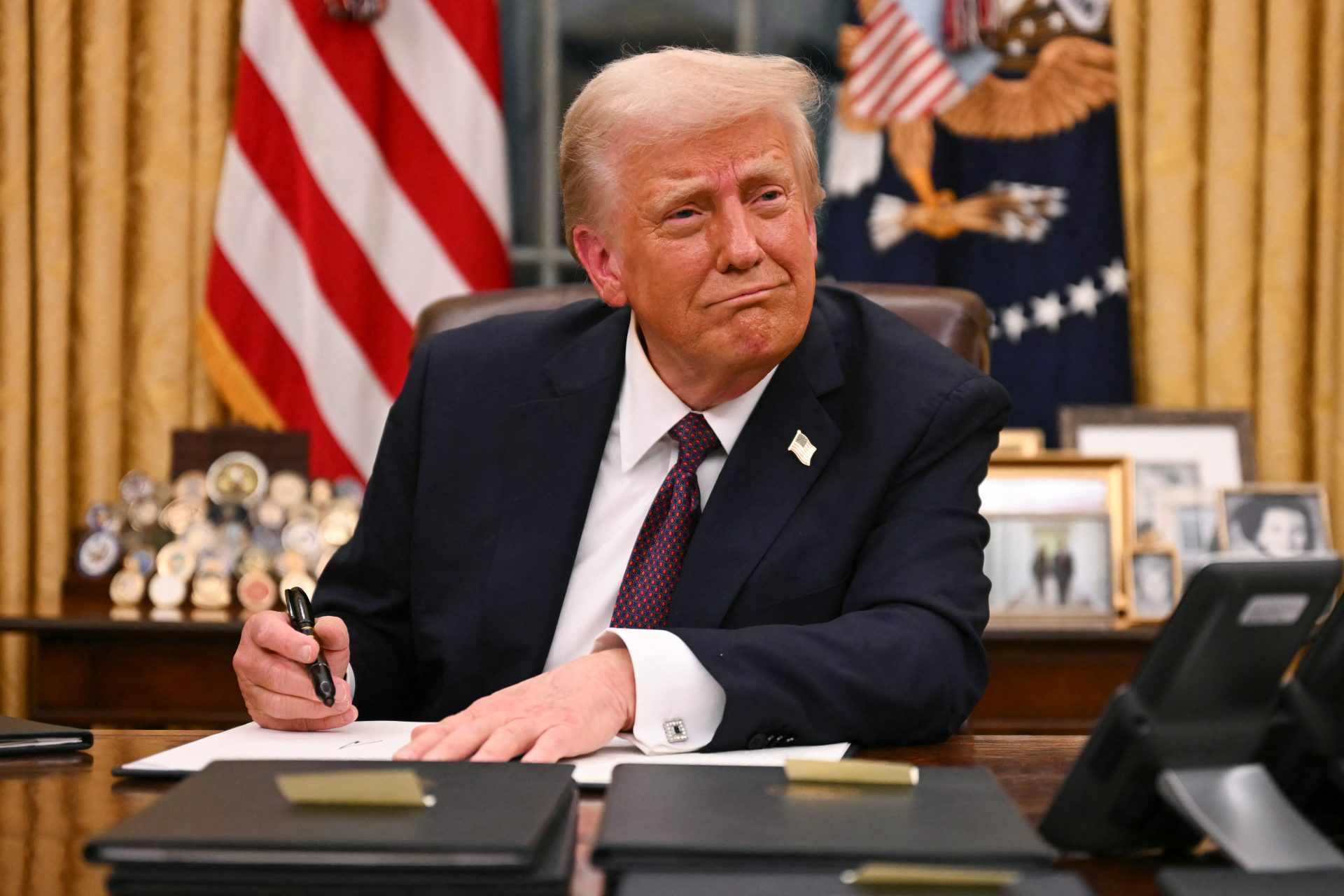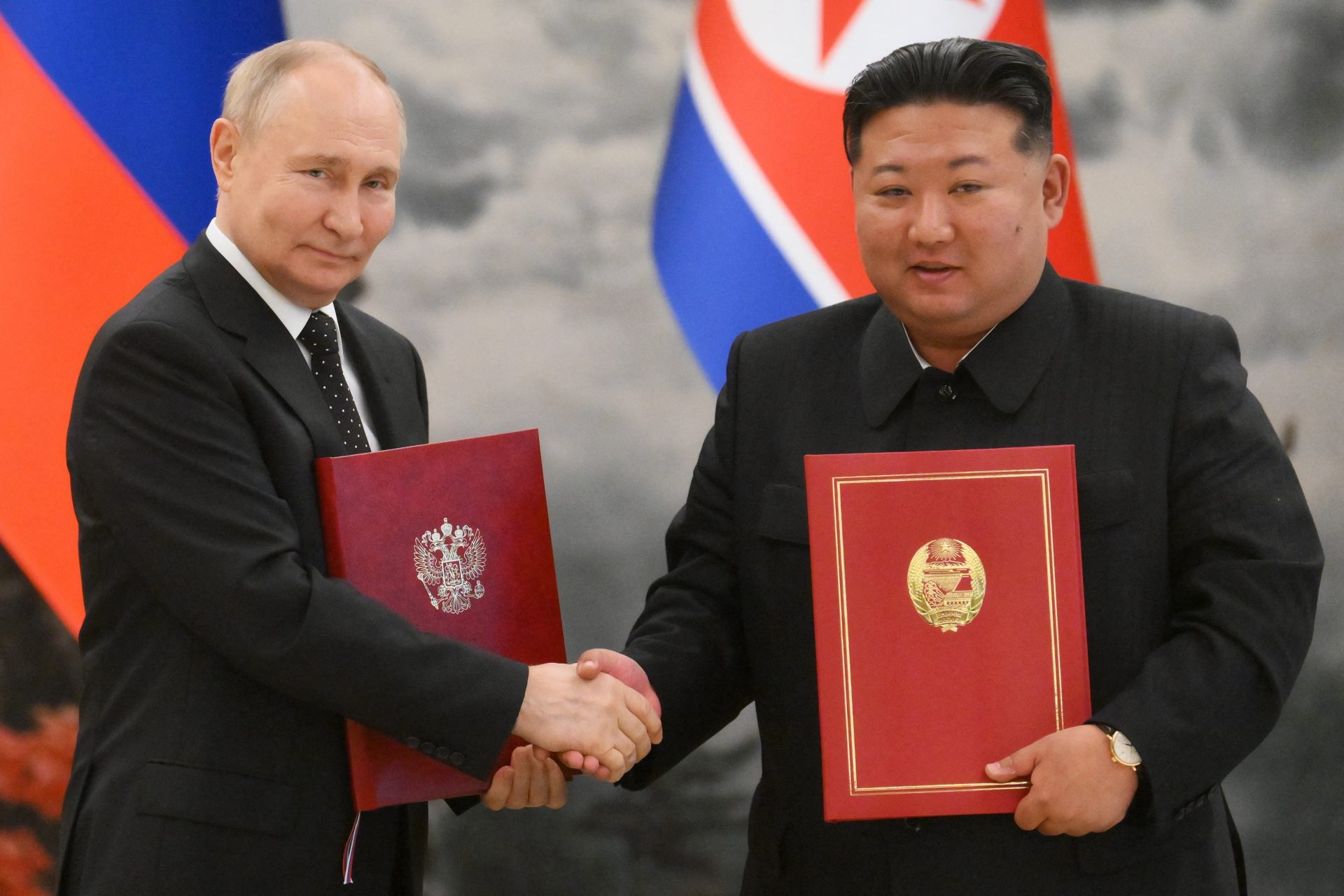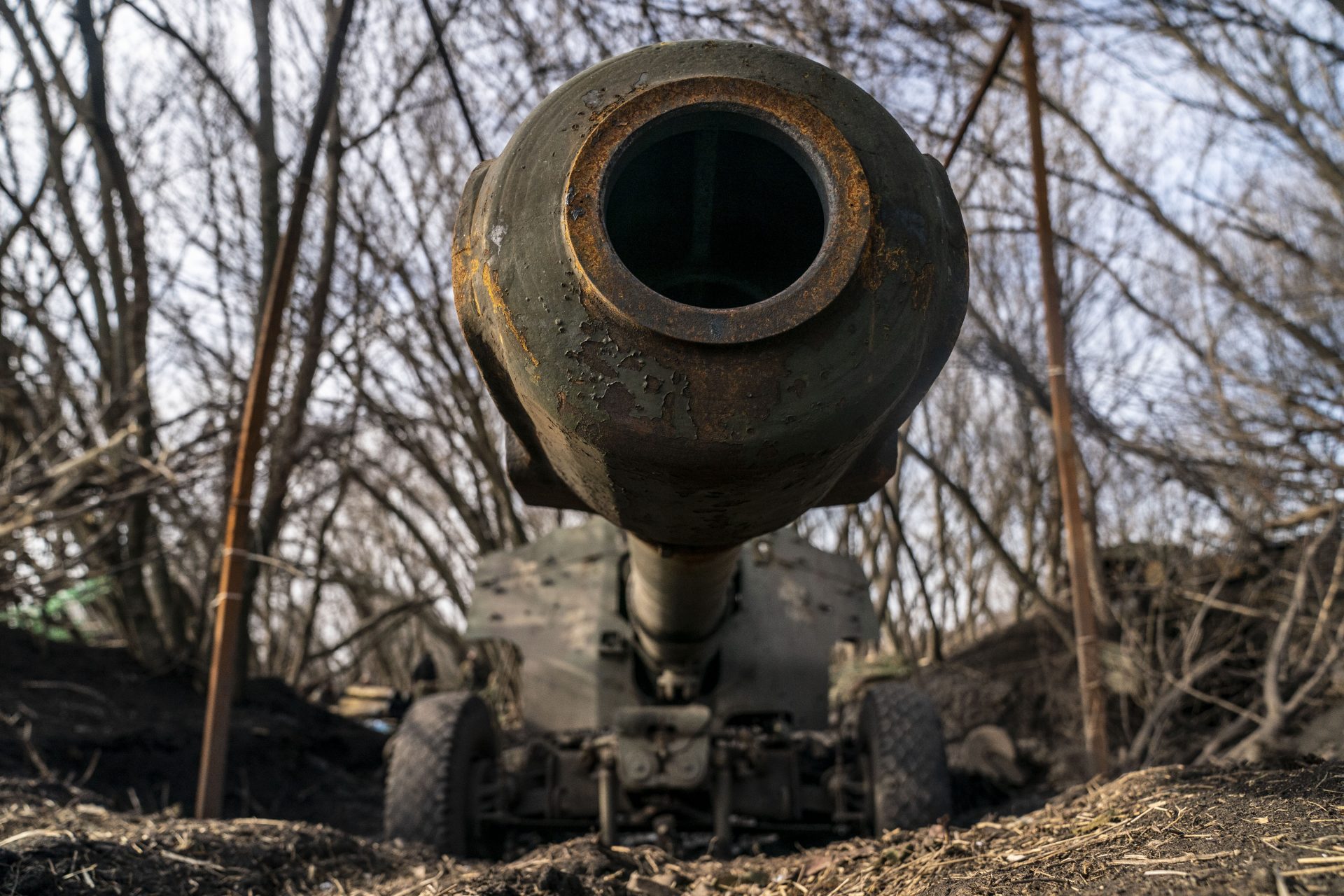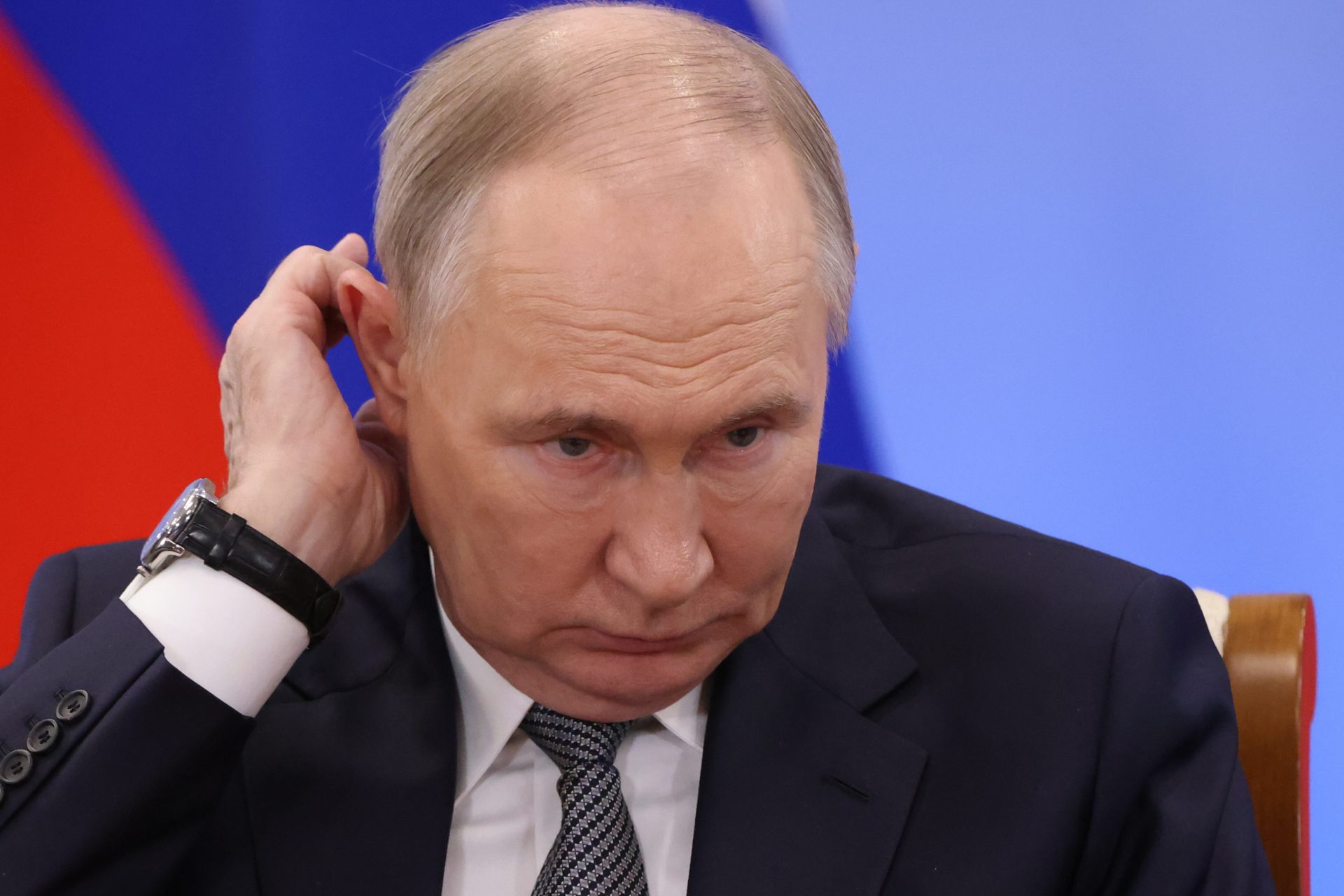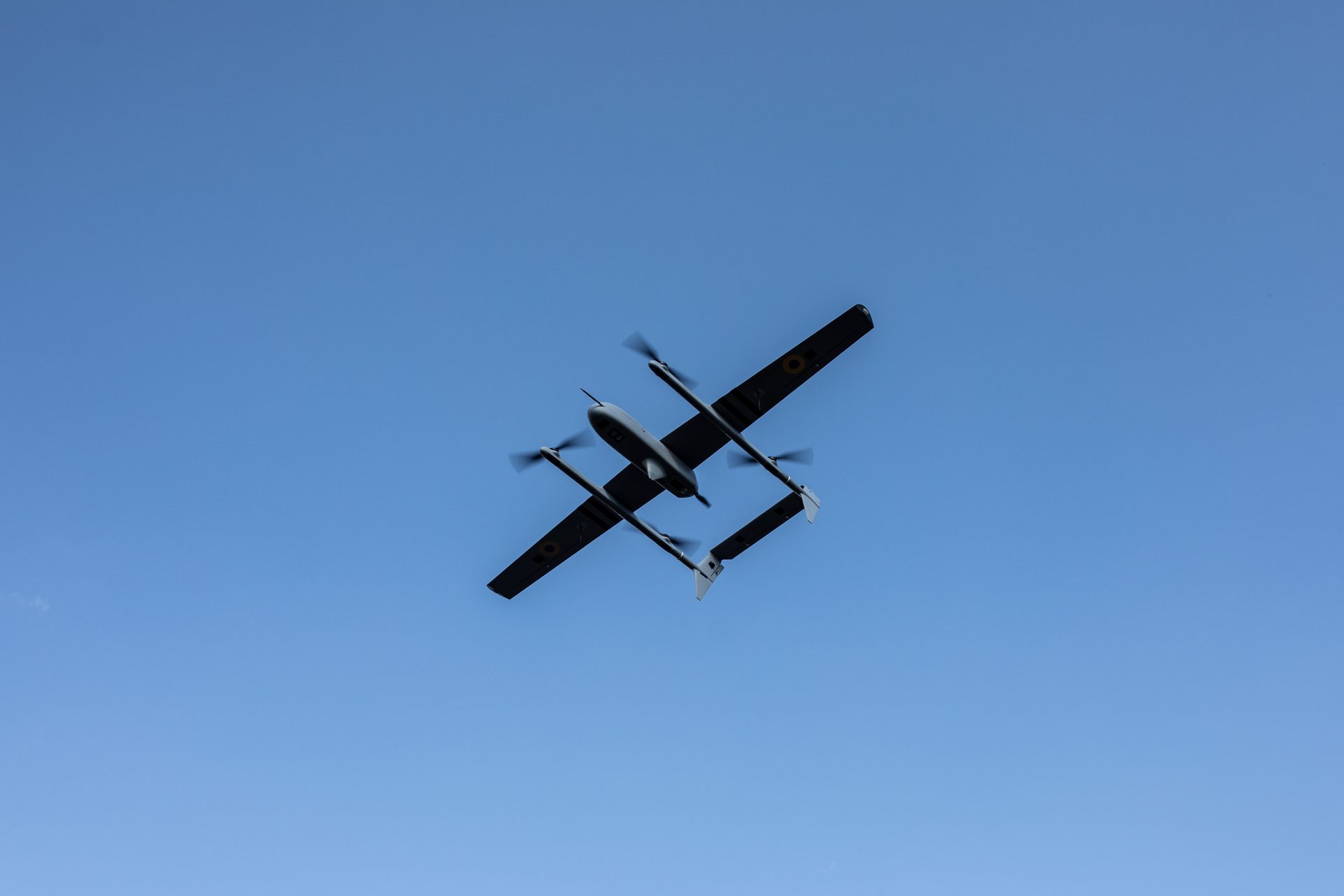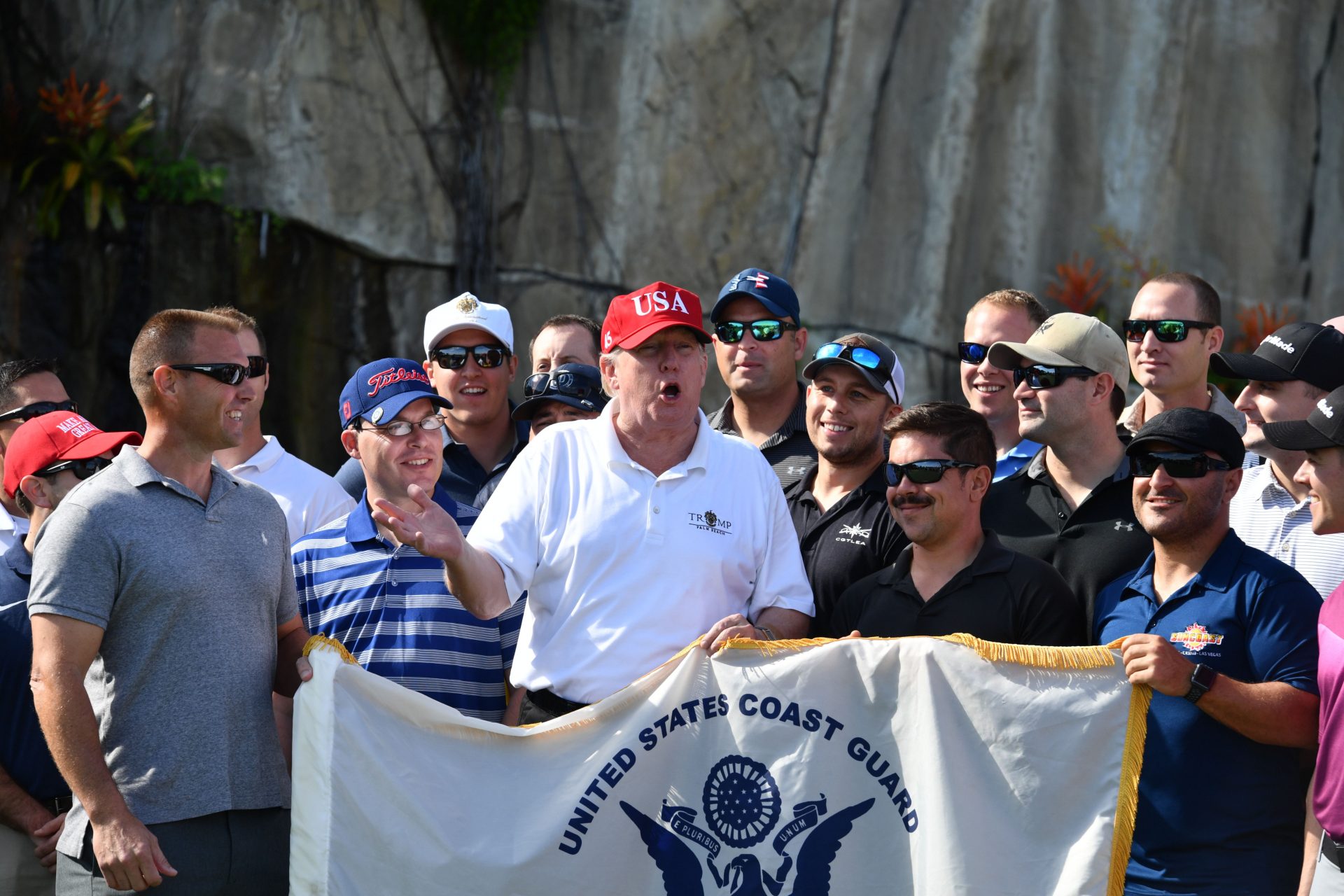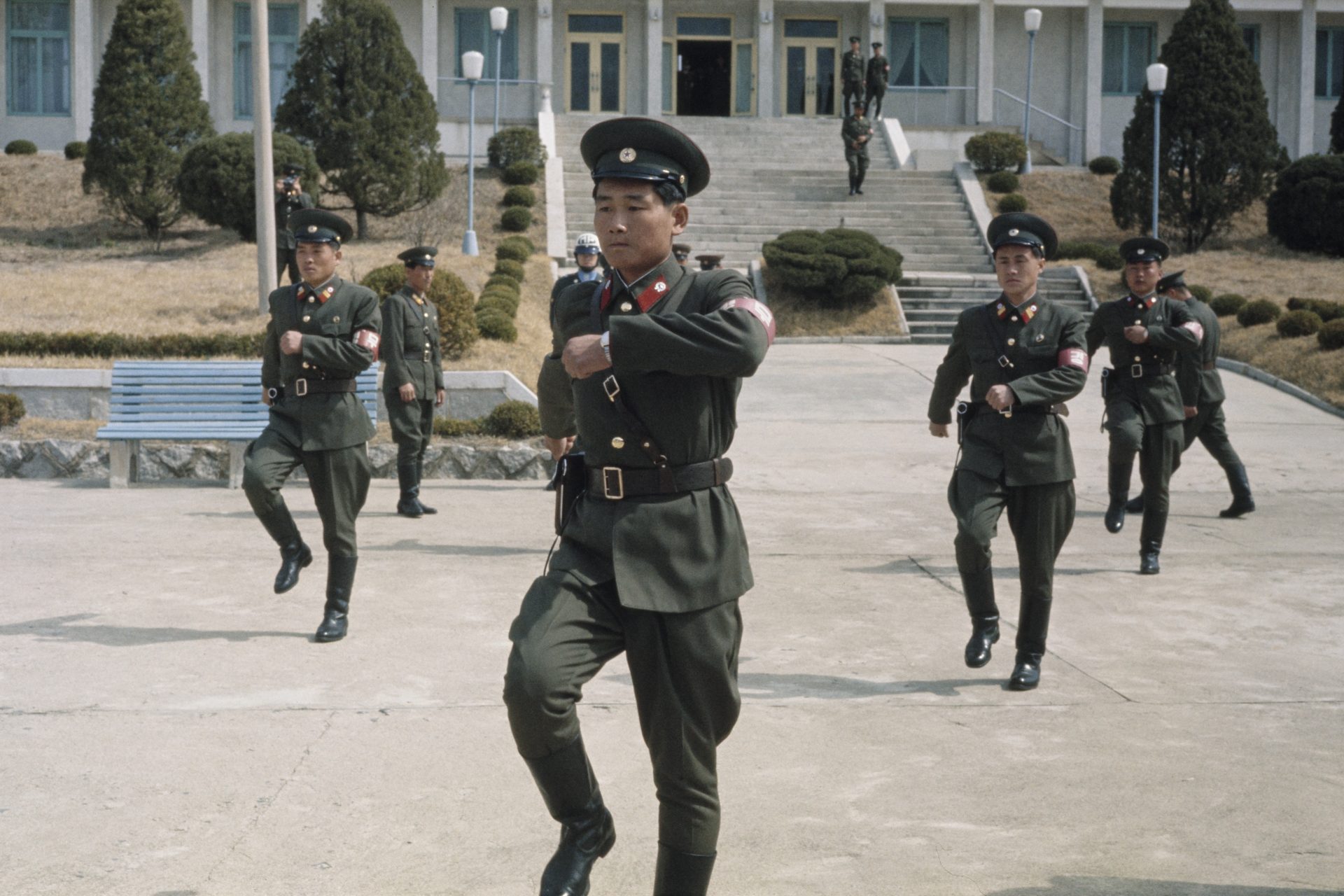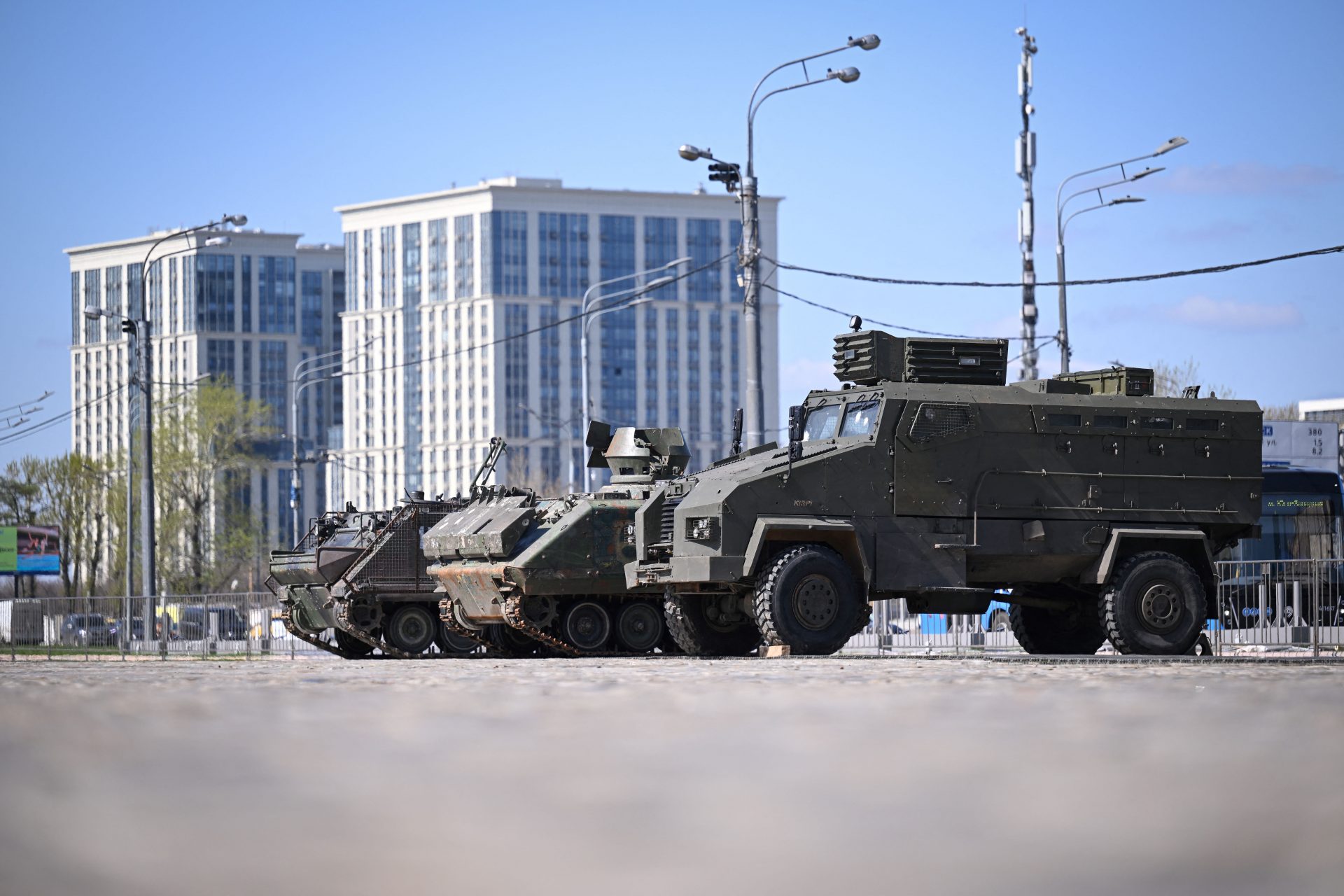This is how a Chinese invasion of Taiwan would play out
With tensions running higher than ever between the two countries, it seems that a violent showdown between China and Taiwan could happen at any time.
During his 2023 New Year's Eve address, Chinese President Xi Jinping assured that China's reunification was “inevitable”.
“All Chinese on both sides of the Taiwan Strait should be bound by a common sense of purpose and share in the glory of the rejuvenation of the Chinese nation,” the Chinese President remarked, according to Reuters.
Across the strait, a few weeks after Xi Jinping's statement, Taiwan elected Lai Ching-te as president. A member of the Democratic Progressive Party, his landslide victory has been described by CNN as a snub to Beijing's threats.
“We’re determined to safeguard Taiwan from continuing threats and intimidation from China,” the new Taiwanese president told reporters, per CNN. Lai Ching-te has been portrayed by news outlets aligned with Beijing as a diehard separatist.
Only 130 kilometers (81 miles) of seawater separate Taiwan from Mainland China, but the shadow of a possible invasion looms bigger and bigger.
A Chinese invasion of Taiwan would wreak havoc on the world, and there would be thousands of casualties from China and Taiwan and other countries such as the United States and Japan.
A June 2022 CNN analysis spoke about the "extremely high price" that China would have to pay if it were to invade Taiwan.
Phillips O'Brien, professor of strategic studies at the University of St. Andrews in Scotland, told CNN that invading Taiwan would be “a massacre for the Chinese navy”.
At first glance, China would have no problem defeating Taiwan, regardless of the actions of the United States. After all, Beijing controls one of the largest and most powerful military forces in the world.
However, effectively controlling the territory is a whole different beast than just invading it. The conflict could drag on for a long time and bring hefty casualties.
In their analysis for CNN, Ben Lendon and Ivan Watson believed that a Chinese invasion of the island of Taiwan would be 'more dangerous and complex' than than the D-Day landings on the beaches of Normandy.
Lendon and Watson point out that the Allied operation in Normandy lasted over three months, with US documents revealing casualties of over half a million from both sides, plus countless civilian deaths.
The CNN analysts write that it would not easy for China to find a place to land on the island: “Experts have identified just 14 beaches that would fit the bill, and Taiwan is well aware of which ones those are”.
“Engineers have spent decades digging tunnels and bunkers to protect them”, add Lendon and Watson.
Professor Phillips O'Brien, on the other hand, agrees that even approaching the island would be difficult for the Chinese navy. Taiwan has been stocking up cheap land-based anti-ship missiles. “What's cheap is a surface-to-ship missile, what's expensive is a ship”, commented O'Brien.
A New York Times piece penned by Any Qin and David E. Singer highlight that Taiwan possesses a defense system based on a “large number of small things”. These include mobile cruise missiles for coastal defense, naval mines, and small fast-attack craft and mobile artillery.
One can't deny the overwhelming power of the Chinese air force when it comes to a hypothetical assault on Taiwan. However, there's a big difference between bombing a territory and actually taking control of it.
For the United States, it would be very difficult to do nothing in the face of a Chinese invasion of Taiwan.
A 2021 Reuters investigation citing military experts agrees that “For the American alliance, a Chinese takeover of Taiwan would be a devastating blow. At a stroke, the United States would lose its status as the pre-eminent power in Asia”.
“If America did opt to defend the island, though, there is no guarantee it would defeat an increasingly powerful Chinese army, according to current and former senior US commanders”, argues the Reuters investigation.
However, the United States would not be the only third party to join in a conflict between Beijing and Taipei.
“For Japan, blocking China from gaining a foothold in its trade routes is vital. From Taiwan, the Chinese military could threaten Japan’s southern islands and dominate the sea lanes that carry its imports and exports”, argues the Reuters analysis.
The war in Taiwan could become a multi-layered conflict with far-reaching implications involving many countries and elements around the globe. In other words, it wouldn't be an easy battle.
The Ukrainian invasion is proof that is not fast or simple to take over a country filled with people willing to defend themselves. Even against a superpower, such as Russia.
There's also a basic law of any war: Defense requires fewer resources than attack and conquer, which could also be seen in Ukraine.
In any case, resisting an external aggressor, regardless if it's Ukraine or Taiwan, would have a very high human cost. Everyone involved knows this.
The Reuters piece 'T-Day: The Battle for Taiwan' speculates how a Chinese invasion of the island would play out.
First scenario: China blockades Taiwan and simply waits for the government in Taipei to surrender. In this hypothesis, Chinese troops would operate on the Taiwan-controlled Matsu islands, which have been the focus of practice maneuvers this past August.
Second scenario: Chinese troops seize the island of Kinmen, just six kilometers off mainland China.
The third and final scenario that Reuters speculates is that, from the blockade to the Matsu islands, Beijing would launch a snap blockade, cutting off Taiwan's supplies and preparing for air raids and landing in territory controlled by Taipei.
In this final scenario, the United States and Japan would also get involved in the conflict.
The truth is that these scenarios are really educated guesses and, if the conflicts in the past years are proof of anything, is that we cannot predict how such conflict (if it ever happens) would play out. We only know that the cost of human lives would be high.
More for you
Top Stories




